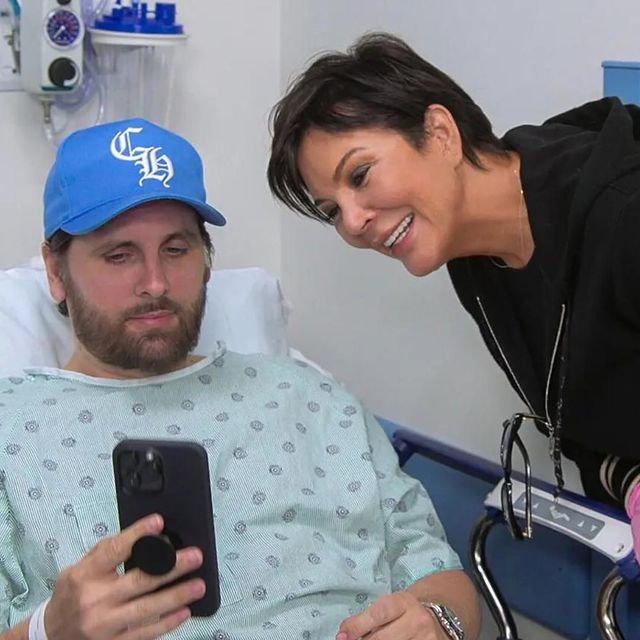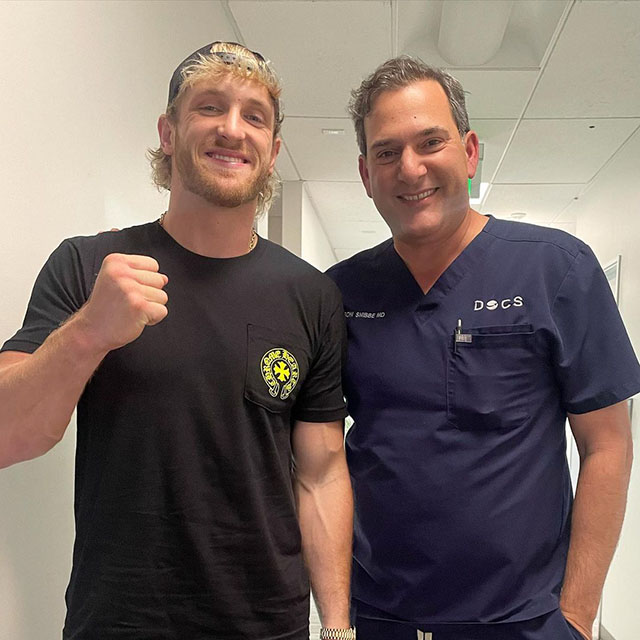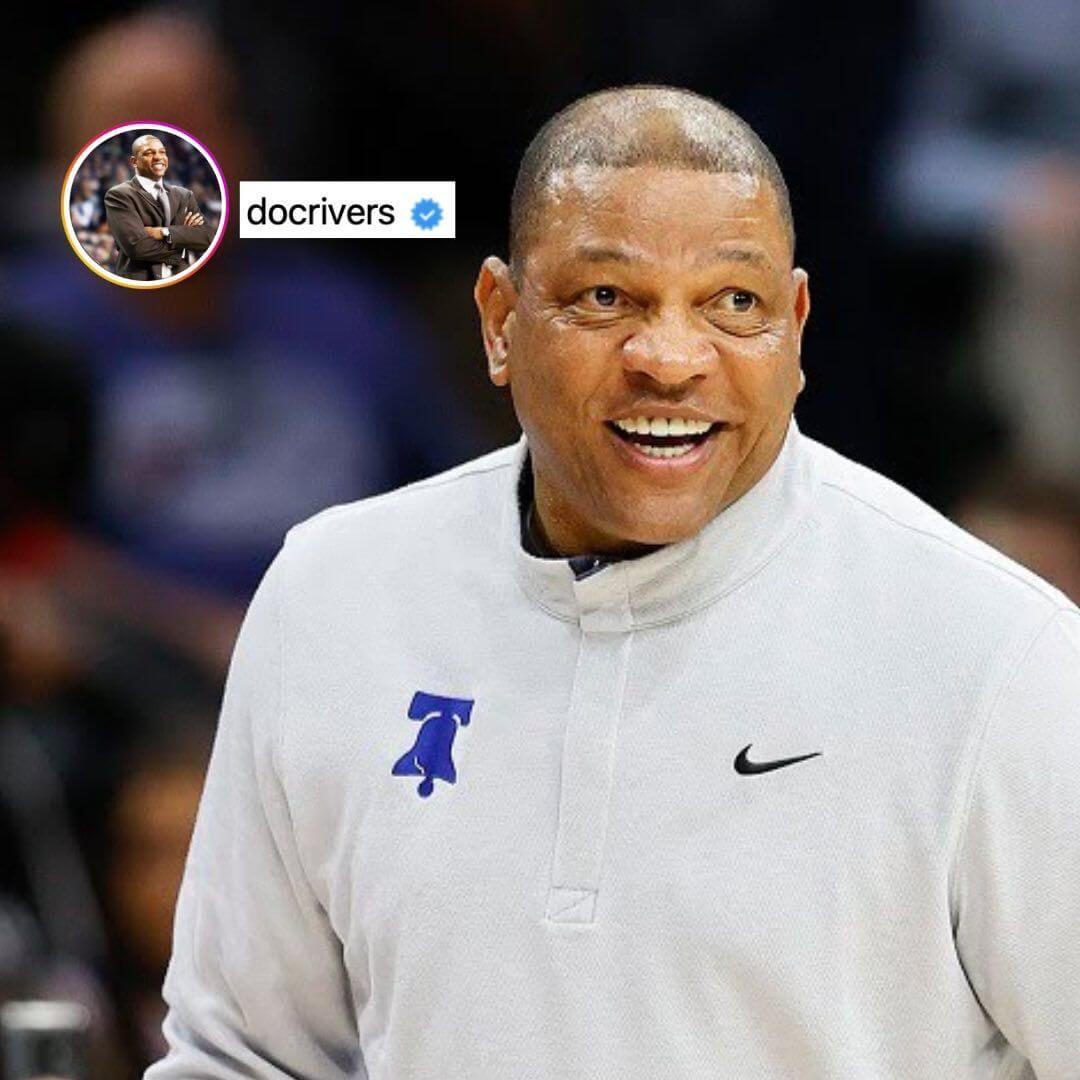6 minute read

If you’ve experienced a knee injury due to playing a sport, being in an accident, or some other physical trauma, you may be wondering if you’ll need surgery. Injuries and tears to the anterior cruciate ligament (ACL) can cause serious function issues and discomfort. While a torn ACL can sometimes be treated with ice, pain relievers, and physical therapy, more serious cases will need surgery to restore the knee’s full function. This blog will discuss how it can be possible to live with a torn ACL but how most people decide to get surgery, especially if they are athletes or regularly physically active. We will also highlight the benefits of ACL reconstruction surgery and the results that can be expected.
The anterior cruciate ligament, or ACL, is one of four major ligaments that stabilize the knee. It connects your femur to your tibia and helps keep the knee stable, especially during sudden movements like turning, pivoting, or stopping. This ligament is essential for many activities, including sports, dancing, and even routine activities like walking or climbing stairs.
A torn ACL can happen when there is a sudden twist in the knee or a sharp blow to it, such as during a tackle or a fall. Common symptoms include severe knee pain, swelling, and a popping sensation at the time of injury. A torn ACL often makes it hard to bear weight on the affected leg and can cause the knee to feel unstable or give out, particularly when performing quick movements.
Can a Torn ACL Heal on Its Own?
The short answer is no; a torn ACL cannot heal on its own because the ligament lacks the blood supply needed for regeneration. Unlike some tissues that have a high blood supply and can repair themselves, the ACL doesn’t have the necessary resources to naturally reattach or heal itself once it is torn.
However, not all ACL injuries are the same. There are three grades of ACL tears, and understanding the severity of your injury can help you decide on the best treatment approach.
Grade 1: A mild sprain where the ACL is stretched but not completely torn. With this type of injury, the knee may remain stable.
Grade 2: A partial tear of the ACL, which can cause the knee to feel unstable.
Grade 3: A complete tear of the ACL, where the ligament is split into two pieces, and the knee becomes very unstable.
For mild injuries (Grade 1), non-surgical treatments like physical therapy and rest might help. A partial tear (Grade 2) may require surgery if the knee is clinically unstable. For complete tears (Grade 3), surgery is often necessary to regain full knee function and stability. The determination of an ACL reconstruction is based on the degree of tear and the clinical instability of the knee upon physical examination.
Non-surgical Options: When Can You Avoid Surgery?
While a torn ACL won’t heal on its own, some people can manage their symptoms with non-surgical treatments, especially if they lead a low-impact lifestyle. Here are a few ways to treat a torn ACL without surgery:
- Physical Therapy: Physical therapy can help strengthen the muscles around your knee and improve stability. A structured therapy program can also help improve your range of motion and teach you exercises that reduce knee strain. Physical therapy is often a successful treatment for people with a partial ACL tear or those who aren’t involved in activities that require quick movements, jumping, or pivoting.
- Knee Bracing: A knee brace can provide extra support to prevent your knee from buckling. This option may work if you have a low-demand lifestyle or plan to avoid sports and other high-impact activities.
- Pain Management and Ice: Anti-inflammatory medications, pain relievers, and regular icing can help manage discomfort and reduce swelling in the knee. However, these methods only address symptoms and won’t restore stability or function to the knee.
When Is ACL Surgery Necessary?
ACL surgery is often recommended for people who have complete ACL tears (Grade 3) or who lead an active lifestyle. ACL reconstruction surgery replaces the torn ligament with a graft, typically taken from another tendon in your body or a donor. The graft serves as a scaffold, allowing new ligament tissue to grow over time. Here are some common reasons why people choose ACL reconstruction surgery:
- Restores Full Knee Stability: ACL surgery provides long-term stability to the knee, which can be especially important if you want to return to sports or physically demanding activities.
- Reduces the Risk of Further Injury: An unstable knee can put extra stress on other structures like the meniscus and cartilage, leading to further knee injuries. Surgery can help prevent these issues and preserve knee health.
- Improves Quality of Life: Many people find that surgery allows them to be more active, pain-free, and confident in their knee’s stability.
If you are an athlete, dancer, or someone who enjoys physical hobbies, ACL surgery can effectively restore your knee to near pre-injury levels.
What to Expect from ACL Reconstruction Surgery
ACL reconstruction generally involves a few key steps:
- Preoperative Planning: Your surgeon may recommend physical therapy before surgery to reduce inflammation and strengthen your knee, which can aid in recovery.
- Surgery: During surgery, the torn ACL is replaced with a graft. This outpatient procedure is usually completed within a few hours, but you’ll need to avoid putting weight on the knee for a few weeks.
- Rehabilitation: Recovery includes several months of physical therapy to regain strength and range of motion. Most patients return to low-impact activities within a few months, but full recovery can take up to a year.
- Long-term Outlook: With a dedicated approach to recovery, many people regain up to 90% of their knee’s original strength and stability, allowing them to resume an active lifestyle.
Is Surgery Worth It for a Torn ACL?
A torn ACL won’t heal on its own, but non-surgical treatments can offer relief and improved function for some people. Physical therapy, knee bracing, and pain management can help those with less demanding lifestyles get by without surgery. However, for many athletes and active individuals, ACL reconstruction surgery provides the best chance to restore full knee stability and prevent future injuries.In the end, the decision depends on your lifestyle, knee stability needs, and overall health goals. If you are looking for an experienced orthopedic surgeon to help you make the right decision, Dr. Jason Snibbe is the answer. Call (310) 746-5918 or complete our online contact form to schedule your consultation.






